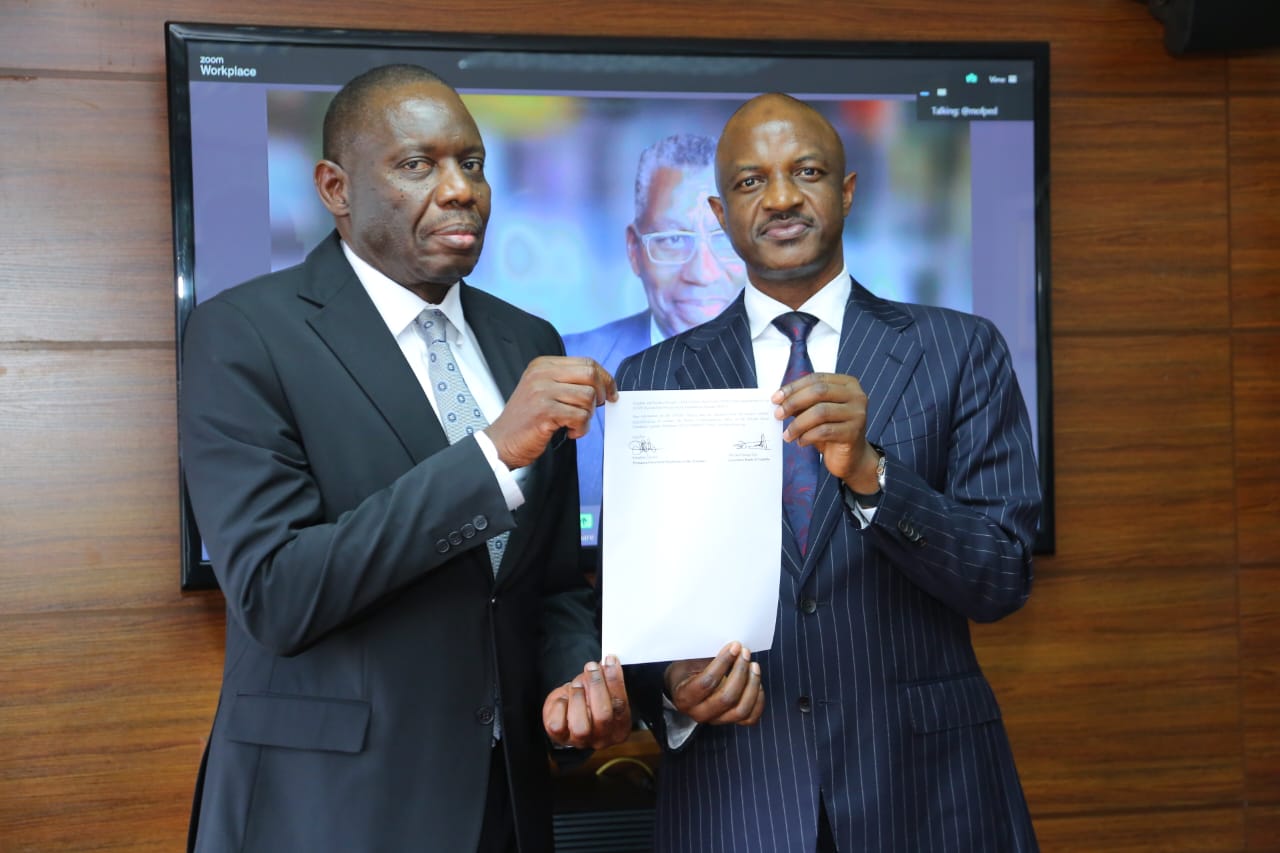At a pivotal juncture in Uganda’s developmental trajectory, President Yoweri Kaguta Museveni recently convened with the Education Policy Review Commission, led by Col. (Rtd) Nuwe Amanya Mushega, at State House Entebbe. The meeting, which underscored Uganda’s resolve to overhaul its entrenched and outdated education framework, marks a significant shift from a colonial relic to a vision anchored in competence, productivity, and national relevance.

The Commission’s proposals—which include a national education philosophy, a fully integrated competence-based curriculum, and the institutionalisation of vocational training—signal an earnest attempt to redress the structural inefficiencies and historical misalignments that continue to stifle the system’s transformative potential.
The Colonial Legacy: A System Built for Servitude, Not Sovereignty
Uganda’s current education architecture is largely a vestige of colonial engineering—designed not to inspire innovation or self-reliance, but to create a compliant workforce tailored for bureaucratic servitude. Rooted in rote learning and abstract knowledge, the traditional model prioritises academic regurgitation over problem-solving, entrepreneurship, and civic consciousness. It is an approach that, decades after independence, continues to churn out graduates proficient in theory yet ill-equipped for the complex realities of Uganda’s dynamic socio-economic landscape.
Indeed, the Commission’s own findings affirm the fragmented nature of this system. As Dr. Joseph Muvawala, Vice Chairperson of the Commission, pointedly observed, “Our current curriculum is competence-based only in lower secondary, but knowledge-based in primary and upper secondary. University education remains largely theoretical.” This disjointed approach breeds discontinuity, confusion, and a grave disconnect between education and employability.
Competence-Based Learning: From Theoretical Elitism to Functional Literacy
The proposed transition towards a fully integrated competence-based education (CBE) framework from early childhood to university represents a philosophical pivot—from elitist knowledge to inclusive functionality. A competence-based model does not merely impart facts; it cultivates capabilities. It emphasises what learners can do with what they know—be it in music, agriculture, science, or entrepreneurship.
President Museveni aptly captured this paradigm shift, asserting, “By age 16, every Ugandan child should be useful. They should be skilled and have values that enable them to contribute to society… we must ensure they are not abandoned by the system.” This is not merely a pedagogical recommendation; it is a moral imperative.
The establishment of a National Competence Profile—to embed values like discipline, teamwork, patriotism, and environmental stewardship into the curriculum—is a testament to this holistic vision. In essence, it reframes education not just as an academic journey, but as a societal rite of passage into responsible, productive citizenship.
Vocational Education: From Marginalised Alternative to Mainstream Powerhouse
One of the most radical—yet overdue—realignments within the reform agenda is the elevation of vocational education. For decades, vocational tracks in Uganda have been stigmatised as the preserve of academic ‘failures,’ a perception rooted in classism and an outdated hierarchy of learning. Yet, in today’s global economy, it is precisely the vocationally skilled—plumbers, coders, carpenters, electricians, machine operators—who drive national productivity and innovation.
Vocational education is not an alternative to academic learning; it is an essential complement. Its integration into the universal basic education framework ensures that all learners, regardless of academic inclination, exit the system with practical competencies. This approach directly addresses Uganda’s youth unemployment challenge and lays the groundwork for industrialisation and middle-income status.
Feeding the Future: Equity Beyond Curriculum
Beyond pedagogy, the Commission’s findings expose deeper systemic inequities—particularly in school feeding. As Hon. John Mwoono Nasasira poignantly noted, “Those who pay, eat; those who don’t, eat air.” The absence of consistent school feeding programs in government schools not only impairs learning but entrenches social exclusion. An education system that starves its pupils—literally and figuratively—cannot deliver equity.
Fiscal Commitment: From Tokenism to Transformation
Currently, education accounts for a mere 2.4% of Uganda’s GDP—a figure alarmingly insufficient for a sector tasked with shaping the nation’s future. The Commission’s call to increase this to 7% is not merely a budgetary adjustment; it is a reassertion of national priorities. Investing in education is not a cost—it is a catalyst for sustainable development.
Moreover, the contentious salary disparity between science and arts teachers, which the Commission rightly flagged, undermines morale and institutional harmony. A competence-based system must value all disciplines as interdependent contributors to national growth.
Conclusion: The Promise of a Rising Nation
Uganda now stands on the threshold of an education revolution—one that must discard the shackles of colonial pedagogy and embrace a future-oriented, inclusive, and skill-based model. The proposed reforms, if implemented with fidelity and urgency, have the potential to re-engineer not just classrooms, but the very fabric of Ugandan society.
A rising nation does not merely inherit its systems; it interrogates, reforms, and rebuilds them. As Uganda reimagines its education philosophy, it must do so with the clarity that transformation lies not in changing syllabuses, but in redefining the purpose of learning itself.






